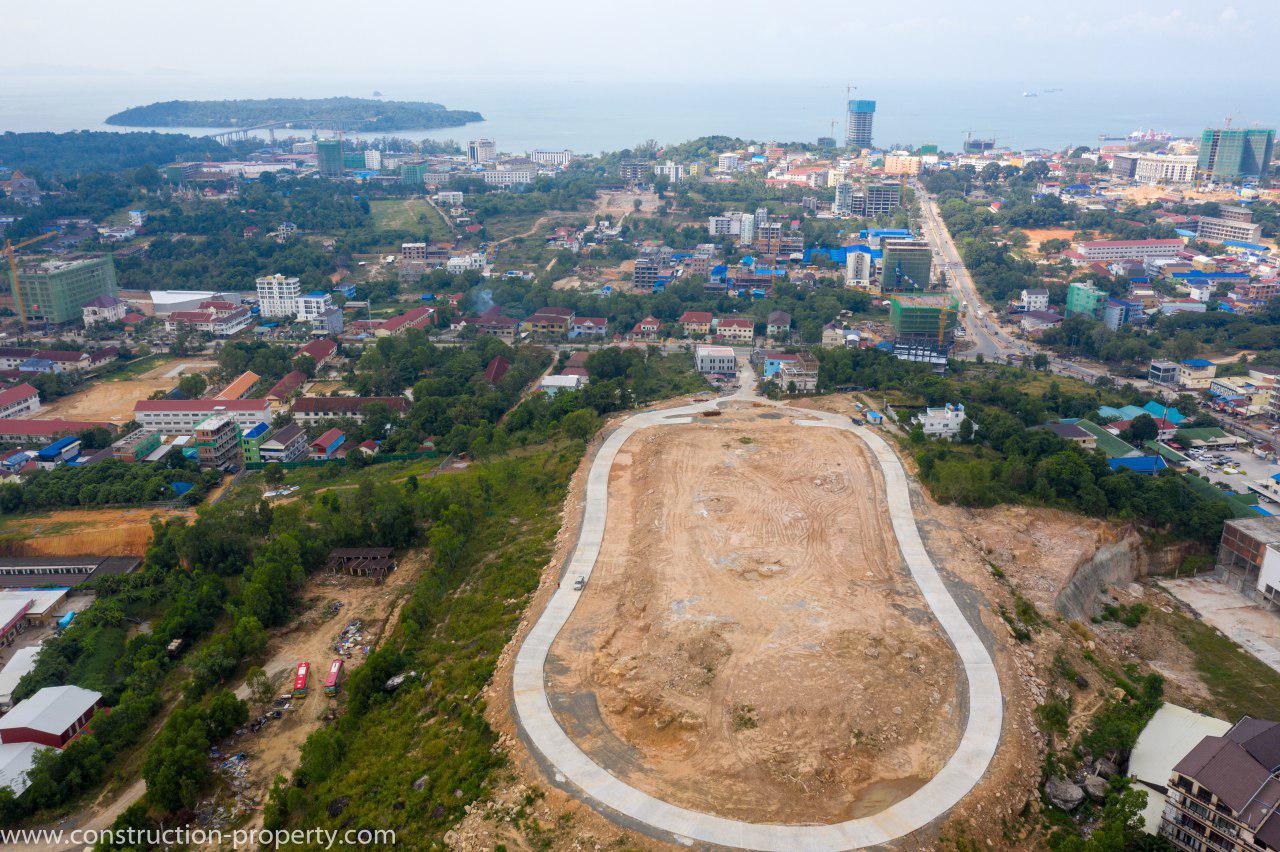Cambodia and Laos Forge Stronger Agricultural Ties to Expand Mango Exports
In a significant move to enhance agricultural trade, Cambodia and Laos have reached an agreement to boost the export of Cambodian mango products to third countries via Laos’ high-speed rail system. This announcement was made during an official visit from April 30 to May 3, 2025, where H.E. Dith Tina, Cambodia’s Minister of Agriculture, met […]
AEON Breaks Ground on USD 46 Million Shopping Mall in Vietnam
In a strategic move amidst the global economic downturn, Japanese retail giant AEON is strengthening its presence in Vietnam with the groundbreaking of a new shopping mall. On April 19, 2025, AEON Vietnam commenced construction on the AEON HAI DUONG shopping mall in Hai Duong province, located just north of Hanoi. The project has […]
Malaysia Bets on USD 250 Million Deal to Train 10K Semiconductor Specialists to Spark Homegrown Chip Design Revolution
Malaysia has sealed a landmark USD 250 million semiconductor partnership with UK-based Arm Holdings, granting the Southeast Asian nation access to Arm’s advanced intellectual property as it aims to shift from a manufacturing-based economy to a high-value design and innovation hub in the global chip supply chain. The agreement, formally signed on 5 March 2025 […]
Cambodia’s Steel Imports Surge in Early 2025
Cambodia’s steel imports significantly rose in the first quarter of 2025, with the nation importing iron and steel valued at USD217 million. This marks a remarkable 75% increase compared to USD124 million during the same period last year. According to a report released on 10 April by the General Department of Customs and Excise, iron […]
SchneiTec Dynamic Lists Green Bond Mobilising USD 50 million for Green Energy Development
SchneiTec Dynamic Co., Ltd has listed a green bond on the Cambodia Securities Exchange (CSX), mobilising USD 50 million for its green energy development project in Cambodia. The Official Green Bond Listing Ceremony was held on 11 April 2025, at the Cambodia Securities Exchange. During the ceremony, HE Sou Socheat, a Delegate of the Government […]
Four Major Companies Plan to Make Further Investments in Cambodia’s Automotive and Electronics Sectors
Four prominent automotive and electronics companies are gearing up to expand their investments in Cambodia, aiming to bolster the nation’s economy. This commitment was announced during a recent study visit by HE Chea Socheat, Deputy Director of the Cabinet of the Council for the Development of Cambodia, on 31 March 2025. During the visit, […]



 ខ្មែរ
ខ្មែរ







